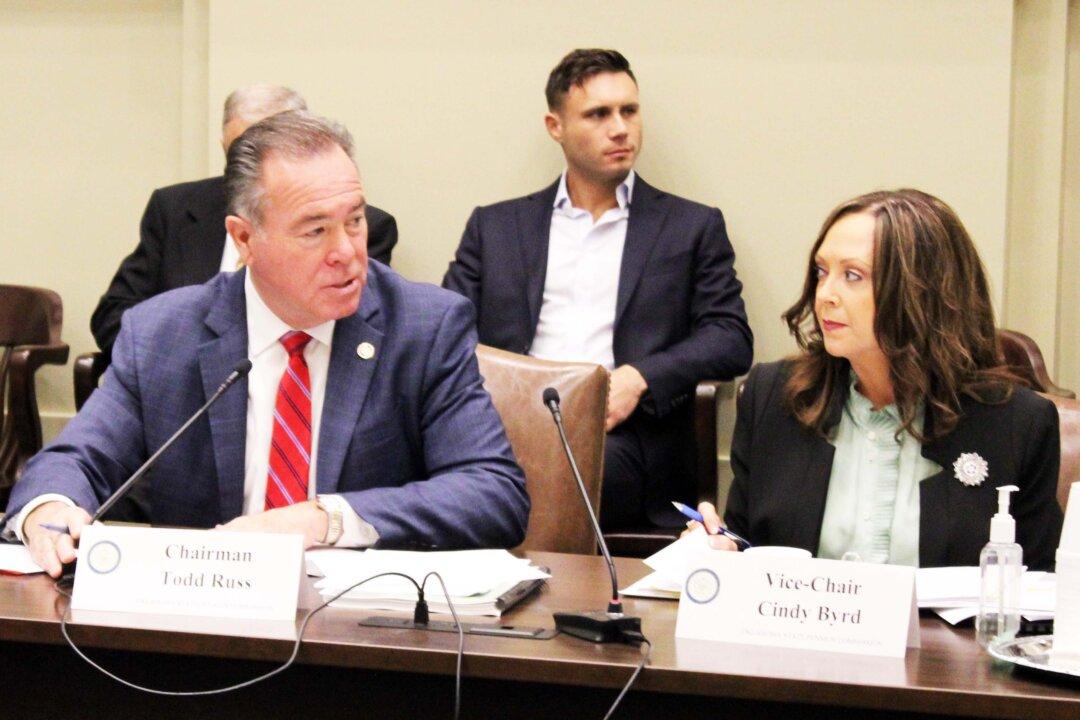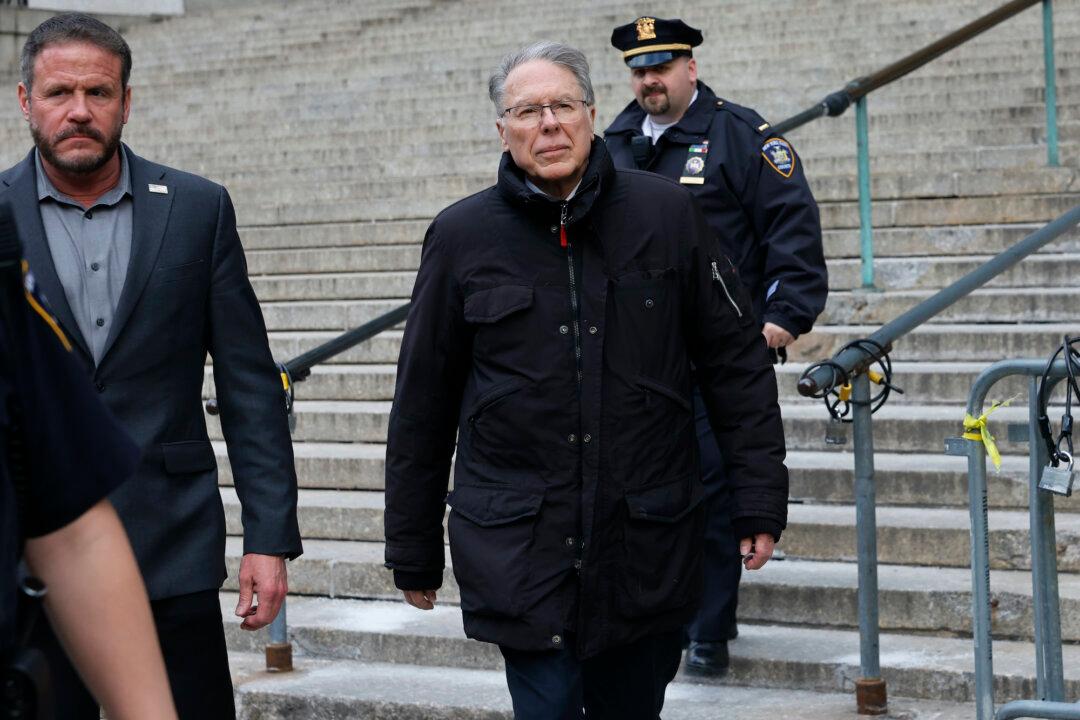OKLAHOMA CITY—The Oklahoma State Treasurer wants to know why state retirement funds are being managed by a company that engages in Environmental, Social, and Governance (ESG) investment practices that he believes violate state law.
The Oklahoma Public Employee Retirement System (OPERS) hired New York-based investment advisor BlackRock to handle 60 percent of its assets. The company’s website states that it applies ESG principles in its work.





